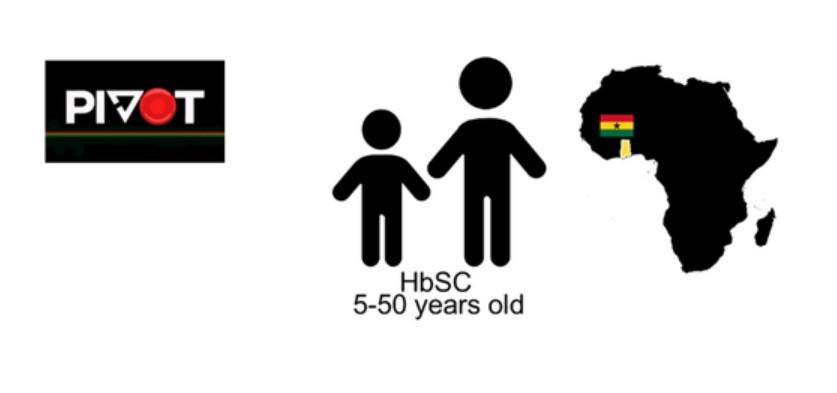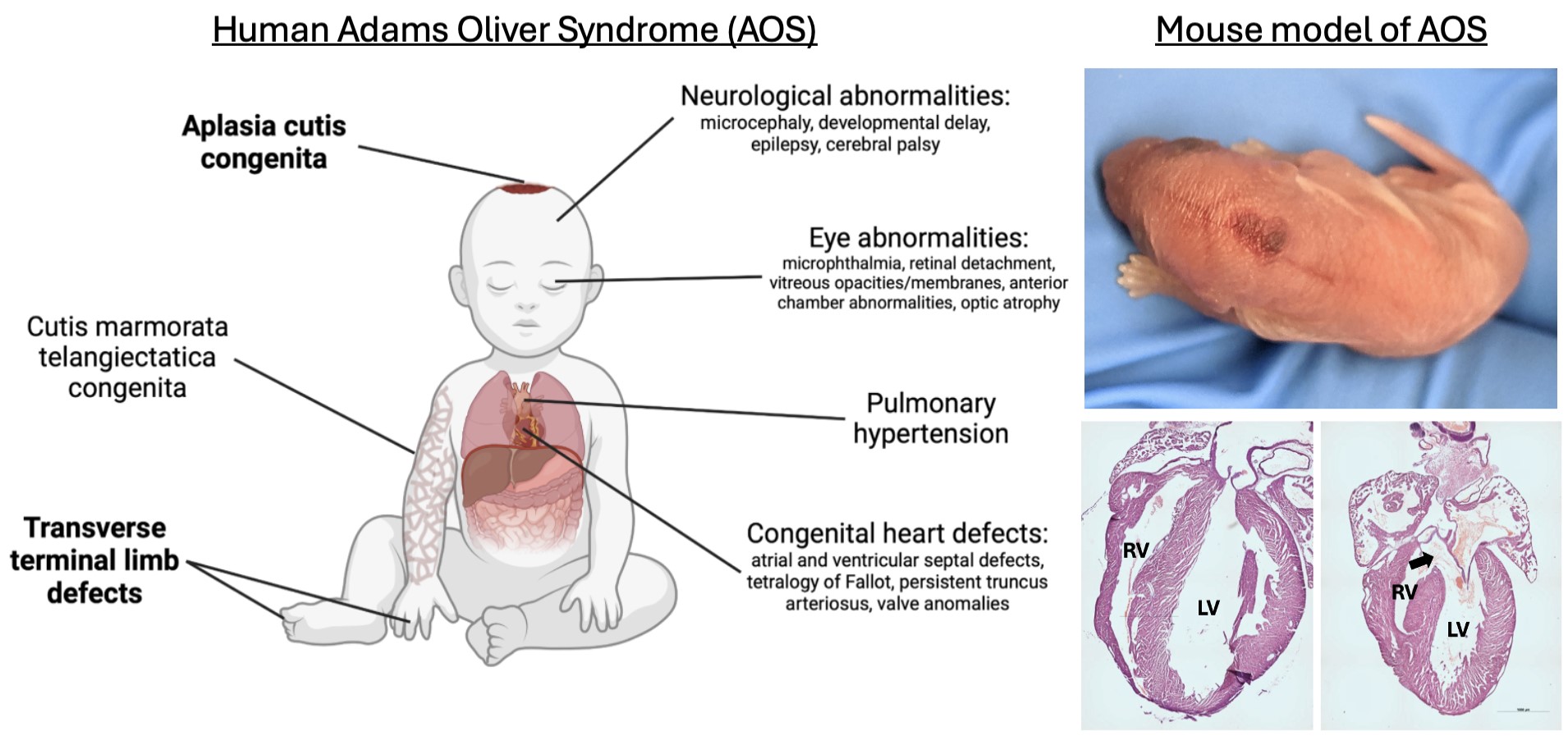Hydroxyurea May Help People With HbSC Form of Sickle Cell Disease
Research By: Russell Ware, MD, PhD
Post Date: December 9, 2024 | Publish Date: Dec. 8, 2024

A Phase II clinical trial conducted in Ghana suggests that hydroxyurea — already a treatment offered for the most common form of sickle cell disease — also shows benefits for those with the hemoglobin SC (HbSC) variant of the condition.
In the United States, about 25% to 30% of people with sickle cell disease (SCD) have the HbSC variant. In Ghana, that figure is closer to 50%.
The PIVOT clinical trial was launched to evaluate the potential benefits of providing hydroxyurea to people with the HbSC variant. Results were presented Dec. 8, 2024, at the American Society of Hematology (ASH) annual meeting and published online in NEJM Evidence. The study also was one of four sickle cell-focused studies featured in an ASH conference press briefing.
Co-first authors were Yvonne Dei-Adomakoh, MBBS, and Catherine Segbefia, MBChB, both with the Korle Bu Teaching Hospital in Ghana. Russell Ware, MD, PhD, a leading sickle cell disease researcher based at Cincinnati Children’s, was corresponding author.
While some people have perceived HbSC to be a milder form of the disease compared to the more common HbSS form, many people still experience debilitating VOCs and long-term health impacts.
“There is a general perception that people who have HbSC disease have a mild phenotype, and it important to dispel this myth among both the public and health care workers,” Dei-Adomakoh says. “Many people with HbSC disease are not receiving long-term care or disease-modifying treatment for their condition as they are felt not to have the ‘real’ SCD. Hydroxyurea is the current standard of care for people with HbSS, and we thought that it’s possible that patients with HbSC may also benefit from hydroxyurea, but there have been very few prospective studies so far.”
Participants in the PIVOT trial who received hydroxyurea experienced significant improvements in several laboratory measures of SCD severity, including a higher volume of larger red blood cells (which are less likely to become sickle-shaped), higher fetal hemoglobin levels, and lower leukocyte and neutrophil counts. Child and adult participants on hydroxyurea also experienced reductions in the rate of vaso-occlusive crises and hospitalizations compared to those on placebo. However, a number of mild and transient events caused the study to exceeded a goal related to dose-limiting side effects, an issue that the researchers say should not prevent moving forward with a larger Phase III study.
“It’s exciting that we have four terrific studies designed to benefit people with SCD, including treatments that have been available but haven’t been used in certain populations, and potential new therapies, as well,” said Charles Abrams, MD, a prominent hematologist from the University of Pennsylvania who moderated the press briefing.
Read more from the briefing
| Original title: | Hydroxyurea for Children and Adults with Hemoglobin SC Disease |
| Published in: | NEJM Evidence |
| Publish date: | Dec. 8, 2024 |
Research By

The Ware Lab team focuses on translational hematology research to improve our overall understanding of sickle cell disease with the long-term goal of improving the lives of affected children.






